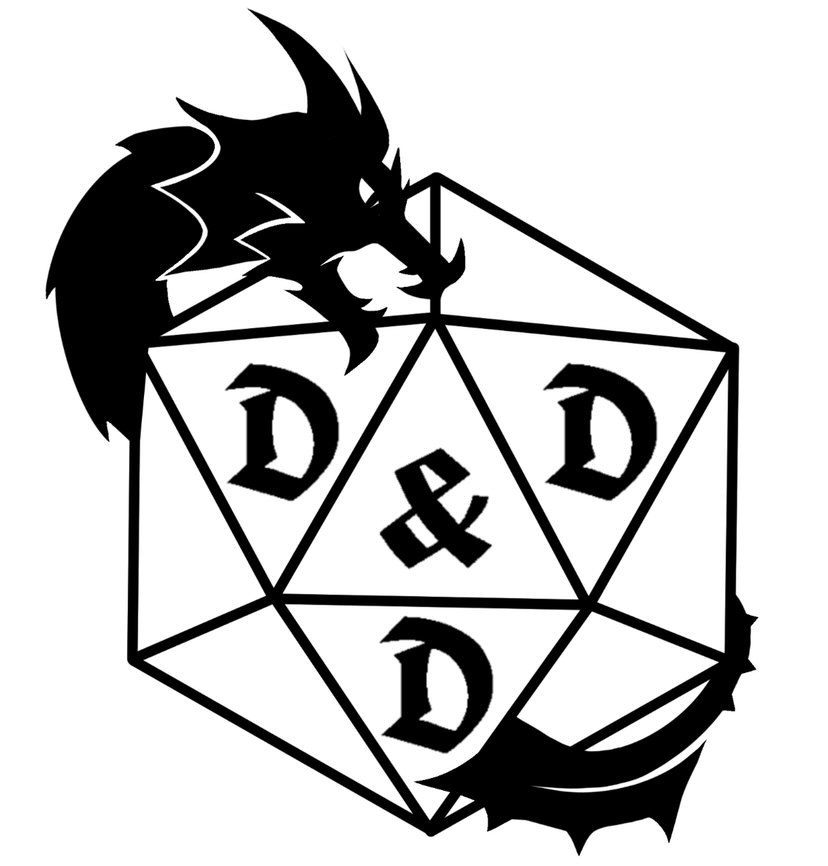One of the greatest joys of playing D&D is seeing someone new discover the game.
There’s something almost magical when a new player realizes that they actually can do (almost) anything, and that there really aren’t any set storylines or dialogue that they may have expected from previous video game/board game experiences.
- Check these out:
Plus, bringing new players into the game will only increase D&D’s popularity, which is something that all long-time players and DMs should be striving towards.
So here are a few ways that D&D veterans can help those new players out during their first foray into the hobby.
Ask them RP questions
Be sure to ask some questions about the new player’s character. Odds are they have some backstory prepared, so a few prodding questions when you meet at the tavern before the first big quest will help them get into character, and may even mark the first time that they speak in-character.
In a way, it’s kind of like spending some time chatting with someone new to the friend group at a party. Odds are they’re feeling a little out of their element, a little nervous, and potentially thinking that everyone else knows way more about the group than they do.
So be the one to bring them into the fold, and to cast that bit of spotlight their way off the jump.
Correct them quietly
Most new D&D players are likely terrified that they’ll mess up at some point regarding the rules.
What those of us who have been in the game for a while know is that, given the hugeness of D&D, messing up happens to everyone all the time, no matter their experience level.
So keep an eye out for when the new player may be misunderstanding how their character’s mechanics work, and just give them a gentle heads up (without making a big deal about it) of how the rule is meant to work.
Just make sure that you’re 100% sure that that’s actually how it is supposed to work, of course.
Help out with their character sheet
If you happen to be sitting beside them, keep an eye on their character sheet every now and then just to make sure that they’re adding the right numbers to rolls, or help point out where specific things are.
It may seem intuitive to us veterans now that if you’re trying to find language proficiencies you look to the bottom left of the sheet, but that’s not something a new player will know.
In fact, a character sheet can be incredibly daunting to a new player, so even just holding up your own sheet and pointing to the general location of information they’re looking for will do wonders to help them navigate the convoluted mix of numbers and words.
Help look things up
An integral part of any D&D session is looking up specific wording for mechanics, abilities, or spells. We all know the quickest ways to Google and the sites to click on to find official wording for D&D related stuff, but new players won’t.
So if they’re trying to cast Magic Missile and the DM asks them what the range is on that, it doesn’t hurt to quickly look it up for that new player to help them out if they don’t happen to have the spell’s info handy.
Let them know you’re open to questions
At the start of the session, be sure to let the new player know that you’ve been playing for a while and that you’re more than open to any questions they might have throughout the game. Maybe even give them your number so they can text you on the sly about something that they might not want the DM hearing about, or that they may be embarrassed about asking out loud.
Keep track of things for them
Even with a DM who is on top of things, it’s often left to the players to remember whether or not they have disadvantage or advantage, if they’re holding concentration, or any other number of effects that could be on them at any given time.
This can be a lot to keep track of for any DM or player, but especially so for one who is still figuring out how damage bonuses work.
If that new player happens to have advantage from Fairie Fire, or can roll an extra d4 from Bless, be sure to let them know if you see that they’ve forgotten.
…Just maybe don’t keep such a close watch on disadvantaged rolls that the DM may also have forgotten about — we want the new player to have fun, after all!
- Check these out:

